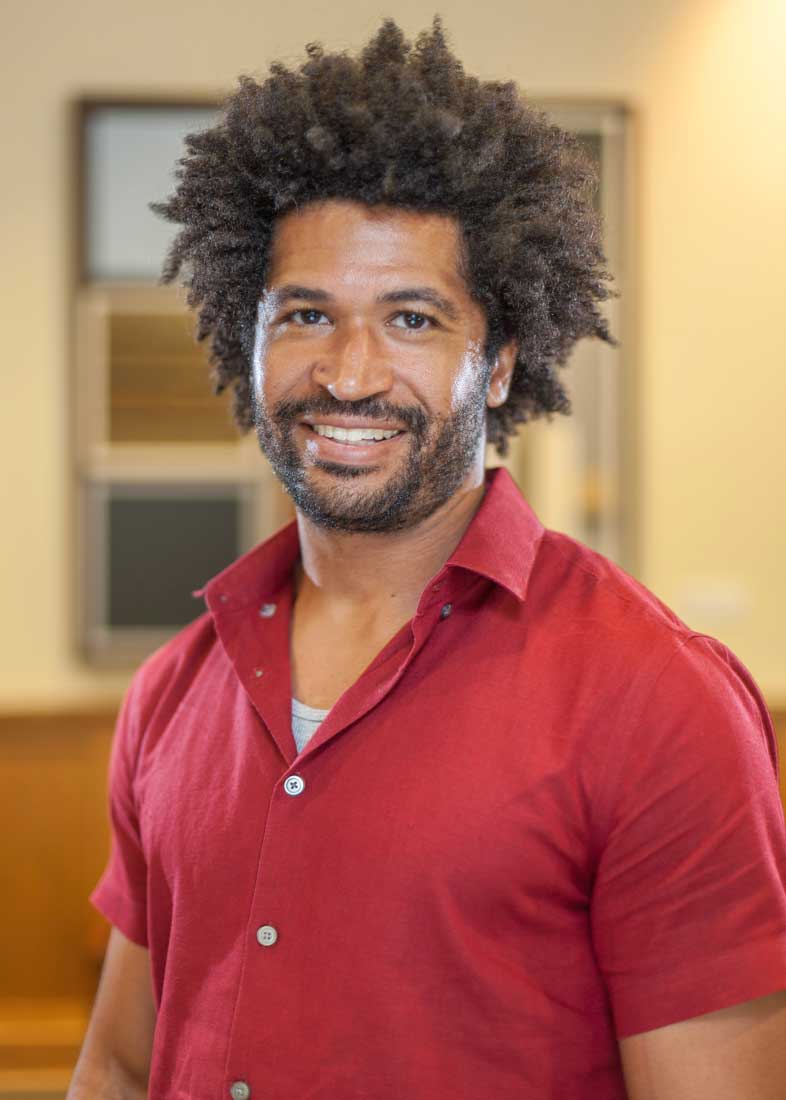UA Little Rock alum gives back by serving on newly formed council

Following a path to success
After completing his undergraduate education, Bauer finished a computer science internship in 2005 for minority students at the Arctic Region Supercomputing Center in Fairbanks, Alaska. He collected elevation data and satellite imagery to help create a 3-D flight simulator. “This experience showed me that I wanted to attend graduate school, and that I wanted to do more research.” A native of Farmington, New Mexico, Bauer earned bachelor’s degrees in computer science and biology from the New Mexico Institute of Mining and Technology, before leaving his desert homeland to pursue graduate degrees at UA Little Rock. As a graduate assistant at UA Little Rock, Bauer worked on a National Science Foundation-funded project, WikiHyperGlossary, which served as an information literacy tool for chemistry education. “When I did my graduate research with Dr. Bob Belford, he had this idea to build a tool that would take a document and link it to images, glossaries, and videos, so you would be able to see and understand the concepts as you read them.” Bioinformatics is the science of collecting and analyzing complex biological data such as genetic codes. Bauer describes it as using the power of computers to get a handle on the unbelievably high amount of available biological data. “The human genome has over 3 billion base pairs, and you need supercomputers and that level of computational power to make sense of all that data,” he said. At the Myeloma Institute, Bauer’s work with advanced gene sequencing techniques allows him to develop personalized treatment plans for new myeloma patients. Myeloma is a cancer of plasma cells in the bone marrow. Bauer’s work helps determine which treatment plan is best for each patient, helping them live longer and have a better quality of life. Bauer hopes bioinformatics will help him discover if there are genetic reasons why African Americans are twice as likely as other races to be diagnosed with myeloma. “I’m interested in looking at African American health care,” he said. “They seem to be disproportionately diagnosed with myeloma. I want to know why African Americans get myeloma at higher rates than other races.” Bauer and his wife, Akemi, have four children, Kana, Sana, Mana, and Michihito, and reside in Little Rock.